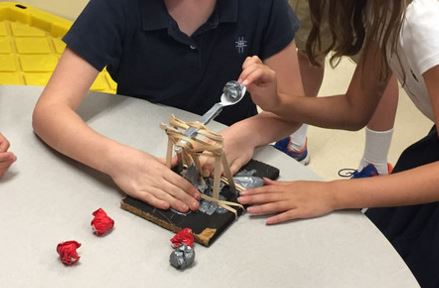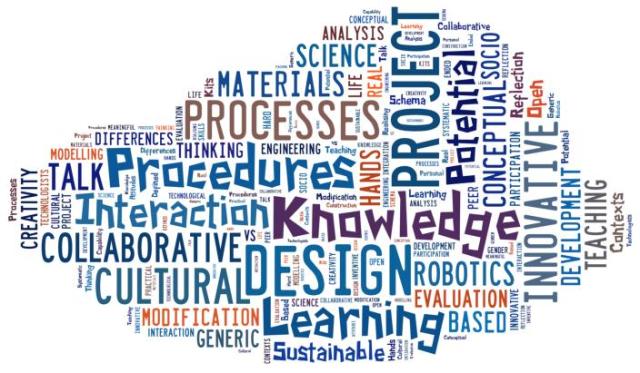In the midst of what some have labelled a ‘STEM crisis’ (?), I have become increasingly interested in our understanding of the nature of subjects and how this might affect the ways in which they are manifest within policy, curriculum, planning and lesson activity. The work I undertook within my PhD, which looked at pupil problem solving in Technology Education classrooms, opened up a number of unanticipated philosophical doors that forced me to further consider the nature of the ‘T’ within STEM. Though I sense I am at the beginning of a somewhat lengthy personal endeavour, my initial attempt to centralise ‘transformation’ in the epistemology of technology education through consideration, in no small part, of the ontology of artefacts, was accepted by the Journal of Philosophy of Education. It is due to feature shortly in the 50th Anniversary volume.
I am very keen to discuss this work and hear form those who may share similar interests in this area – so please do get in touch: david.morrison-love@glasgow.ac.uk.
CLICK HERE TO ACCESS A PODCAST THAT DISCUSSES THIS PAPER
Important: A version of this paper which can be cited is due to appear shortly as an electronic early view format on the JOPE website. The hard copy paper is scheduled for publication in November (Volume 50, Issue 4 of the journal).
A pre-publication version of the paper can be downloaded from here: Towards a Transformative Epistemology of Technology Education – Morrison-Love(2016) and the abstract is given below:
Abstract: Technology Education offers an authentic and invaluable range of skills, knowledge, capabilities, contexts and ways of thinking for learners in the 21st century. However, it is recognised to occupy a comparatively less defined and more fragile curricular position than associated, but longer established, subjects such as Mathematics and Science. While recognising that no single factor lies behind such a condition, this paper draws upon thinking in the philosophy of technology, technology education and the ontology of artefacts to argue that transformation may be considered as a epistemic source for technology in a similar way to ‘proof’ within Mathematics and ‘interpretation’ within Science. Encapsulating technology’s intimate relationship with materials, it is ultimately argued that the transformation of a technical artefact from an ill-defined into a well-defined ontological state constitutes a prime source of technological knowledge for pupils. Moreover, it provides an alternative route into further consideration about the nature of the domain, epistemology and curricular identity of the subject.
Keywords: Technology Education, Transformation, Epistemology, Ontology


 Recently, I was fortunate enough to be awarded one of six places on the ITEEA’s 21st Century Leadership Academy. This is one of several schemes that the organisation run to support and encourage those within the field of Technology and Engineering Education. I was fortunate enough to attend a fantastic conference last month held at the National Harbour in Washington DC and, as well as attending a range of stimulating presentations and keynotes, I was able to meet with those who had also gained a place on the programme. Having spent some time learning about the scheme from
Recently, I was fortunate enough to be awarded one of six places on the ITEEA’s 21st Century Leadership Academy. This is one of several schemes that the organisation run to support and encourage those within the field of Technology and Engineering Education. I was fortunate enough to attend a fantastic conference last month held at the National Harbour in Washington DC and, as well as attending a range of stimulating presentations and keynotes, I was able to meet with those who had also gained a place on the programme. Having spent some time learning about the scheme from  Details of the 21st Century Leadership Academy can be found
Details of the 21st Century Leadership Academy can be found 





